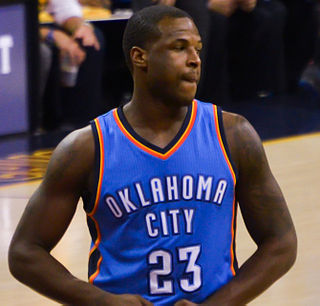A Quote by Alain de Botton
Philosophy had supplied Socrates with convictions in which he had been able to have rational, as opposed to hysterical, confidence when faced with disapproval.
Quote Topics
Related Quotes
Socrates: So even our walks are dangerous here. But you seem to have avoided the most dangerous thing of all. Bertha: What's that? Socrates: Philosophy. Bertha: Oh, we have philosophers here. Socrates: Where are they? Bertha: In the philosophy department. Socrates: Philosophy is not department. Bertha: Well, we have philosophers. Socrates: Are they dangerous? Bertha: Of course not. Socrates: Then they are not true philosophers.
Descartes, the father of modern philosophy ... would never-so he assures us-have been led to construct his philosophy if he had had only one teacher, for then he would have believed what he had been told; but, finding that his professors disagreed with each other, he was forced to conclude that no existing doctrine was certain.
If cathedrals had been universities If dungeons of the Inquisition had been laboratories If Christians had believed in character instead of creed If they had taken from the bible only that which is GOOD and thrown away the wicked and absurd If temple domes had been observatories If priests had been philosophers If missionaries had taught useful arts instead of bible lore If astrology had been astronomy If the black arts had been chemistry If superstition had been science If religion had been humanity The world then would be a heaven filled with love, and liberty and joy
The fire of my tribulations had not simply been pain to be endured. It had been an agent of transformation. After all that I'd been through, I'd changed. Not for the worse, I was pretty sure--at least not yet. But only a moron or a freaking lunatic could have faced the things I had and remained unfazed by them.
Even if I'd stayed [in the US to finish 'The Magnificent Ambersons'] I would've had to make compromises on the editing, but these would've been mine and not the fruit of confused and often semi-hysterical committees. If I had been there myself I would have found my own solutions and saved the pictures in a form which would have carried the stamp of my own effort.
The stuff I've seen and lived and survived. Gun to my head, cops coming to your house. I had the confidence of telling myself that I'm going to make it. Everything I've been through, I could've had a mental breakdown, but I kept it together. If I didn't have that confidence I wouldn't have made it. That confidence has nothing to do with basketball.
The occurrence of an event is not the same thing as knowing what it is that one has lived through. Most people had not lived -- nor could it, for that matter, be said that they had died-- through any of their terrible events. They had simply been stunned by the hammer. They passed their lives thereafter in a kind of limbo of denied and unexamined pain. The great question that faced him this morning was whether or not had had ever, really, been present at his life.
If you go two years without playing with confidence, when your whole life, you've been extremely confident and a hard worker... I got punched in the mouth, and it took me a while to adjust. I kind of had my confidence - I don't want to say taken away, because no one should ever be able to take your confidence away.
Philosophy is the art of dying.Philosophy is an activity that has always been concerned with how one seizes hold of one's mortality, and I see myself continuing a very ancient tradition that goes back to Socrates and Epicurus, which is that to be a philosopher is to try and learn how to die. In learning how to die, one learns how to live.
I have been in relatively high-risk businesses all of my adult life. Few of the others, however, had the possibility of direct gains in knowledge which this one had. I have confidence in the equipment, the planning, the training. I suspect that on a risk-gain ratio, this project would compare very, very favorably with those to which I've been accustomed on the past 20 years.






































